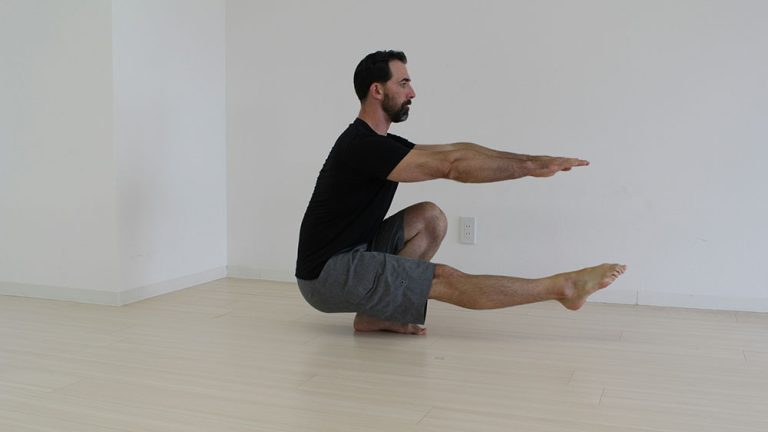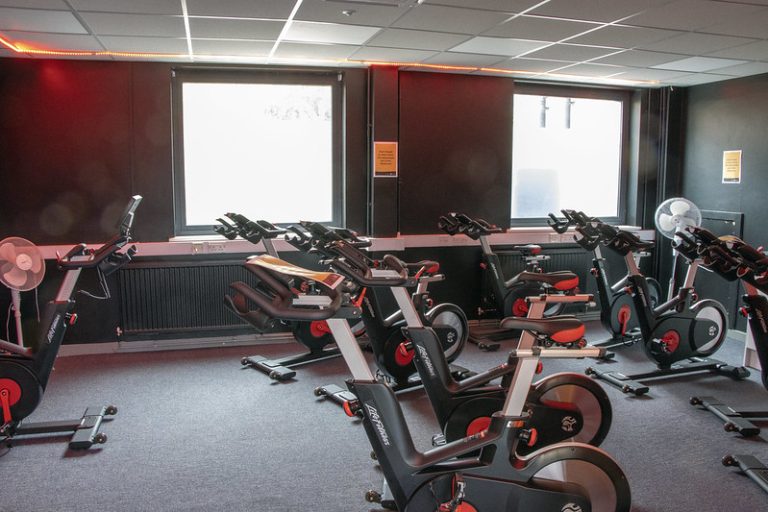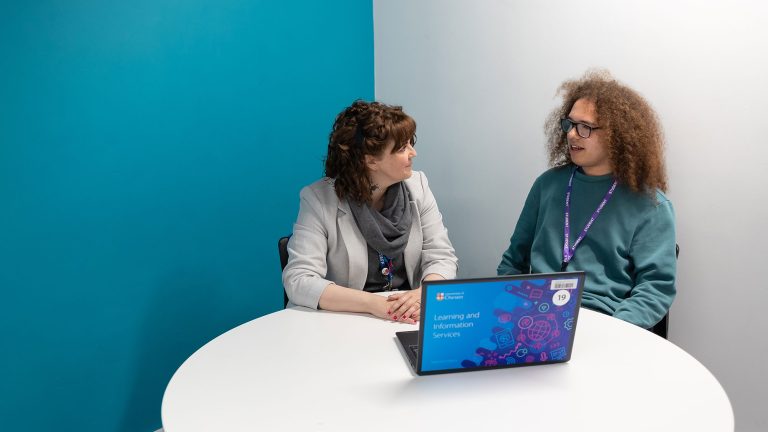Men’s Health Awareness Month: Pilates MENZone
Start Date: 13 November 2024 12:00 pm
End Date: 13 November 2024 12:45 pm
Location: Gymnasium, Exton Park
November is…. Men’s Health Awareness Month.
Join us in MOVEmber in raising awareness of Men’s Health through physical activity for male staff and students.
Pilates improves flexibility, builds strength and develops control and endurance in the entire body. It puts emphasis on alignment, breathing, developing a strong core and improving coordination and balance.
- FREE of charge
- Meet new people
- No prior experience or skills required








